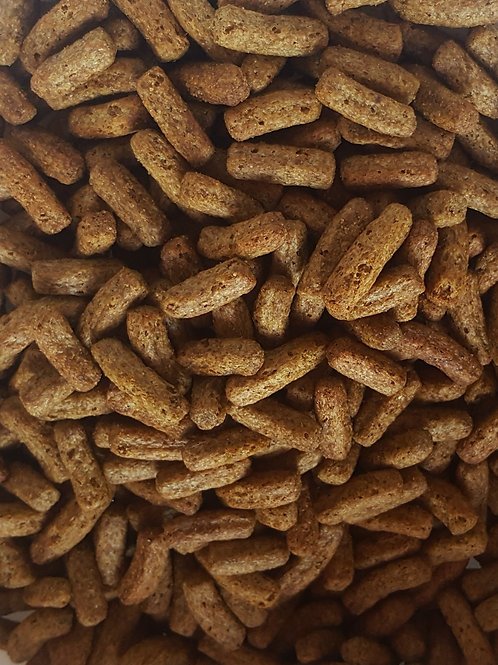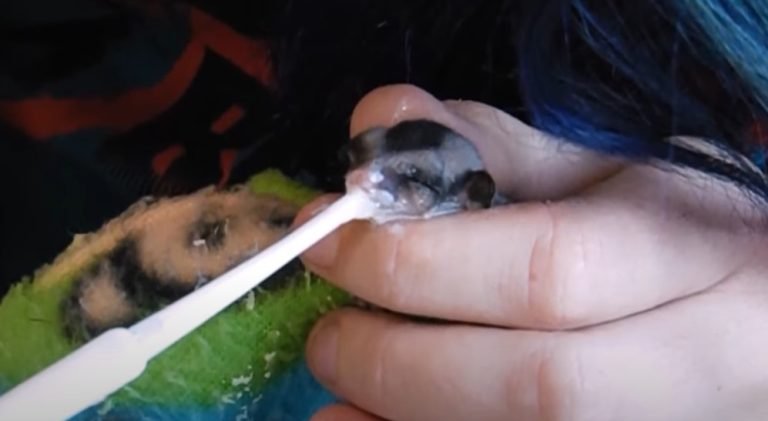Can Sugar Glider Eat Marshmallow
Can Sugar Glider Eat Marshmallows?
Yes, sugar gliders can technically eat marshmallows, but it is not recommended as a regular part of their diet. Marshmallows are high in sugar and low in nutritional value, which can be harmful to sugar gliders if consumed in large quantities. While a small piece of marshmallow as an occasional treat may not cause any significant harm, it is essential to understand the potential risks and make informed choices about your pet’s diet. In this article, we will explore the topic of sugar gliders and marshmallows in more detail, discussing their dietary needs, potential risks, and alternative treat options.
Sugar Gliders’ Dietary Needs
Sugar gliders are omnivores and have specific dietary requirements to stay healthy. In the wild, they primarily consume a diet of nectar, sap, fruit, insects, and small vertebrates. To ensure that sugar gliders get all the necessary nutrients, it is crucial to replicate their natural diet as closely as possible in captivity.
The Risks of Feeding Marshmallows to Sugar Gliders

While sugar gliders may find the sweet taste of marshmallows appealing, it is essential to consider the potential risks associated with feeding them to your pet. Marshmallows are essentially composed of sugar, gelatin, and air, and offer little nutritional value. Some of the risks of feeding marshmallows to sugar gliders include:
1. Obesity: Marshmallows are high in sugar and can contribute to excessive weight gain in sugar gliders. Obesity can lead to various health problems and decrease the overall lifespan of your pet.
2. Dental Issues: The high sugar content in marshmallows can lead to dental issues such as cavities and tooth decay in sugar gliders. Proper dental care is essential for the overall well-being of your pet.
3. Nutritional Imbalance: Marshmallows do not provide any significant nutritional value to sugar gliders. Feeding them regularly can lead to a lack of essential nutrients and potential health issues.
Alternative Treat Options for Sugar Gliders
Instead of marshmallows, there are numerous alternative treat options that are both safe and healthy for sugar gliders. Some of these include:
1. Fruits: Sugar gliders have a sweet tooth and enjoy a variety of fruits such as apples, bananas, grapes, and berries. These fruits not only provide essential nutrients but also add variety to their diet.
2. Insects: In the wild, sugar gliders consume a significant amount of insects. Offering small, live insects such as mealworms or crickets as an occasional treat can provide necessary protein and enrichment.
3. Vegetables: Leafy greens and non-toxic vegetables like carrots and bell peppers can be given to sugar gliders in small amounts. These vegetables offer important vitamins and minerals.
4. Commercial Sugar Glider Treats: There are specific commercial treats available for sugar gliders that are formulated to provide the necessary nutrients without the risks associated with sugary treats like marshmallows.
Frequently Asked Questions
1: Can sugar gliders eat other types of sweets?
While they may enjoy the taste of sweets, it is important to avoid feeding sugar gliders sugary treats regularly. Other types of sweets such as chocolate, candy, or cookies can also be harmful to their health due to their high sugar and fat content.
2: Can sugar gliders eat marshmallows in moderation?
While giving a small piece of marshmallow as an occasional treat may not immediately harm your sugar glider, it is still not recommended due to the potential risks associated with sugar, low nutritional value, and negative impact on dental health.
3: What should be the primary diet for sugar gliders?
The primary diet for sugar gliders should consist of a balanced mix of fresh fruits, vegetables, high-quality protein (such as insects or cooked lean meats), and a commercial sugar glider pellet or supplement.
Final Thoughts
While sugar gliders can technically eat marshmallows, it is not advisable due to their high sugar content and lack of nutritional value. As responsible pet owners, it is crucial to prioritize the well-being of our pets and provide them with a diet that meets their nutritional needs. Instead of sugary treats like marshmallows, opt for healthier alternatives such as fresh fruits, vegetables, insects, and commercially available sugar glider treats. By doing so, you can help ensure that your sugar glider remains healthy, happy, and thriving.







